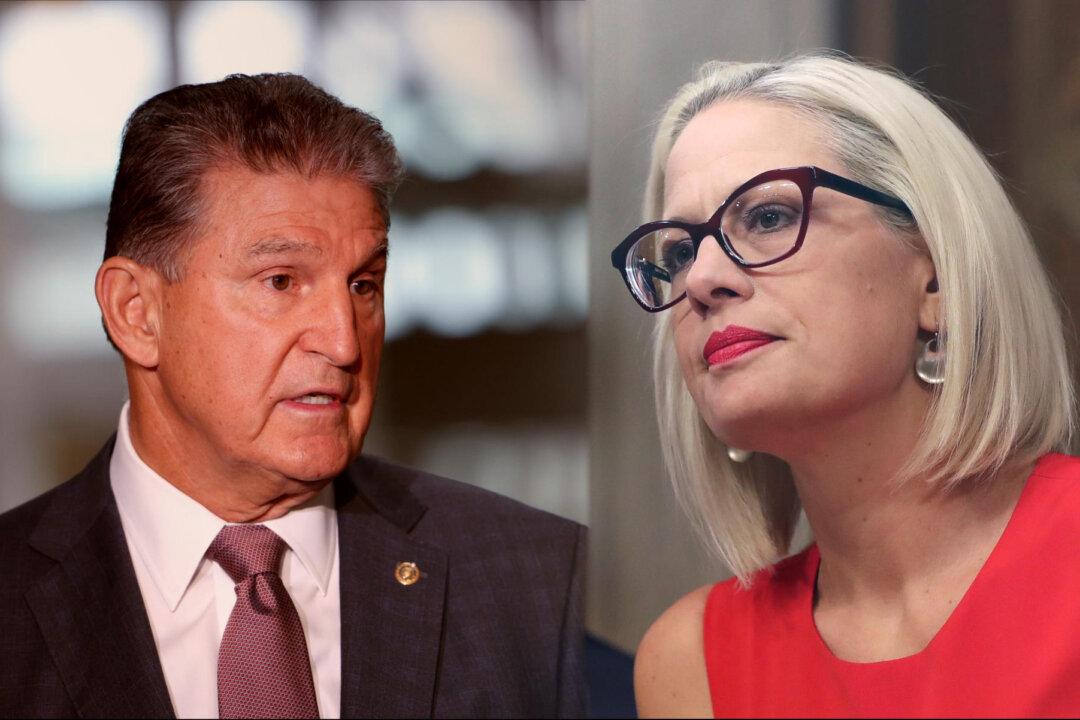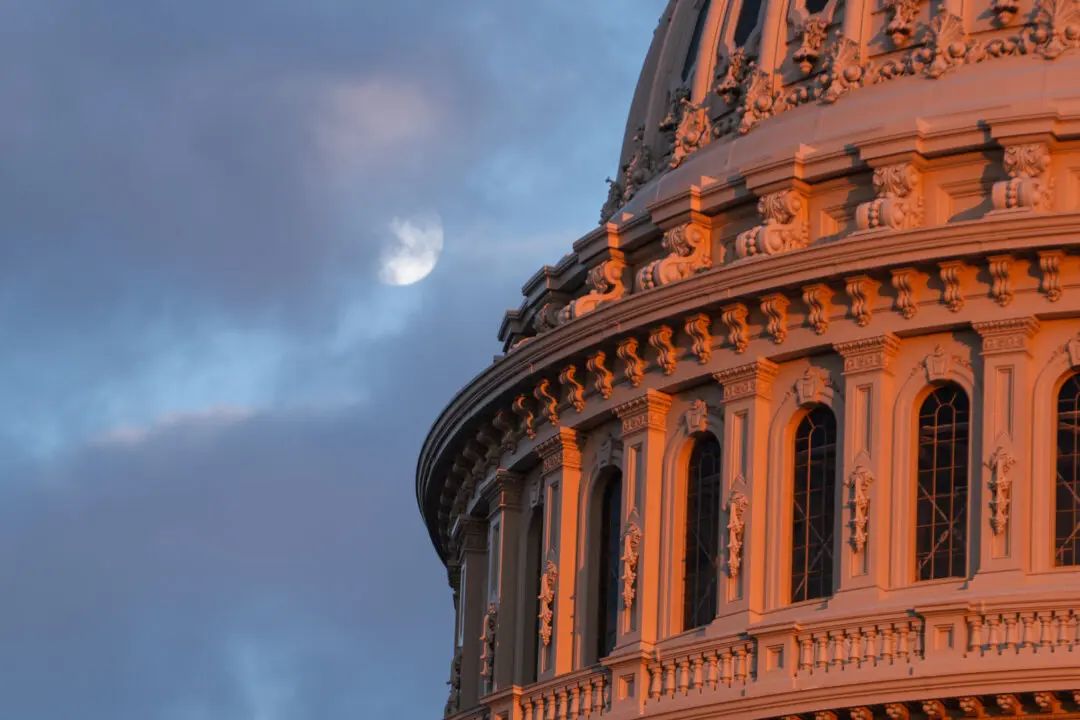President Joe Biden and other Democrats have suggested that the party could break the $1.85 trillion Build Back Better (BBB) social spending package into smaller, more targeted bills in order to pass some parts of the scheme after its defeat in late December.
Biden and other Democratic leaders spent the latter half of 2021 pushing for the passage of the BBB. Biden focused especially on moderate Sens. Joe Manchin (D-W. Va.) and Kyrsten Sinema (D-Ariz.), who remained opposed to the omnibus bill to the end.





